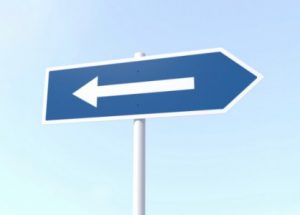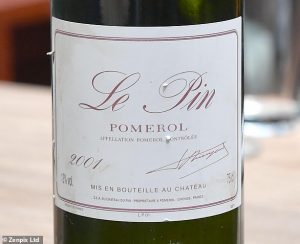
People in the United States are being bombarded with the false choice of either ruining the economy or losing tens of thousands, if not more, lives to the novel coronavirus, Covid-19. Giving us a false choice is something government and fear mongers are quite fond of doing and we are seeing an extreme example of the tactic and the damage it does. Let me explain.
On one side of the false choice is the idea that millions will die if the government doesn’t force people to stay home and avoid spreading Covid-19 rapidly to the entire population. The opposite side of this coin is the impression if the government enforces such an order the economy of the United States will collapse and this will cause more damage than the lives lost.
That is the false choice being presented to the public and being championed on social media and online forums throughout the country and indeed the world. The problem is that neither is largely true or largely false. The reality is somewhere in between and the government has far less influence than you imagine.
Long before various local and state governments started to give shelter in place orders, before they started closing schools and businesses, people were practicing enlightened self-interest on their own. Many people don’t want to get the disease or pass it along to vulnerable members of their family or friends. Businesses were shutting down on their own. The economy suffered and continues to do so.
Meanwhile, despite orders not to congregate, people around the United States continue to gather in large crowds at churches, on beaches, in public transportation centers, and at shopping venues. No amount of government intervention can prevent people from acting to their own detriment. People are continuing to catch Covid-19, to fill hospitals, to overrun available resources, and to die.
In other words; no matter what the government does, the economy will suffer and people will die. If state and local government acts more aggressively or less, it is certain the suffering in lives or economic ruin will shift in one direction or the other but both outcomes are already assured, despite the false choice offered by those who wish to divide us for their own gain.
The central theme of my novel, The Gray Horn, is this false choice offered by those who wish to separate us, who desire us to fight so they might take away our freedom. Both sides claim the choice is vital, that our lives, our financial well-being, is at stake. We must choose one or the other. This is the false choice.
Act in your enlightened self-interest as best you can. Try to avoid places where you might catch Covid-19 and then pass it along to loved ones. Meanwhile do your best to support local businesses. Understand that some people will die, the economy will suffer. The false choice offered by government is actually no choice at all.
Tom Liberman
